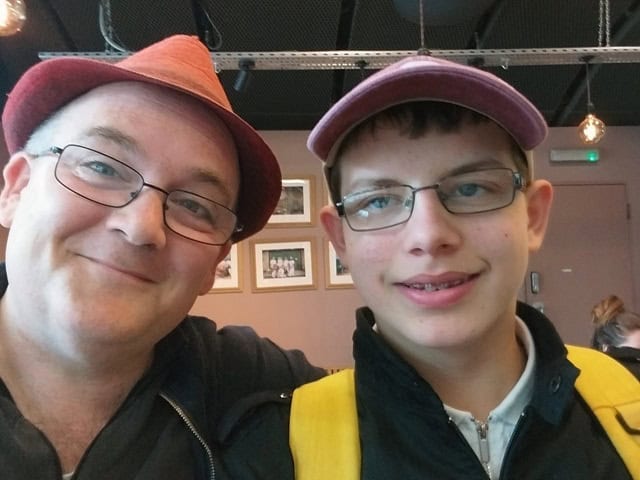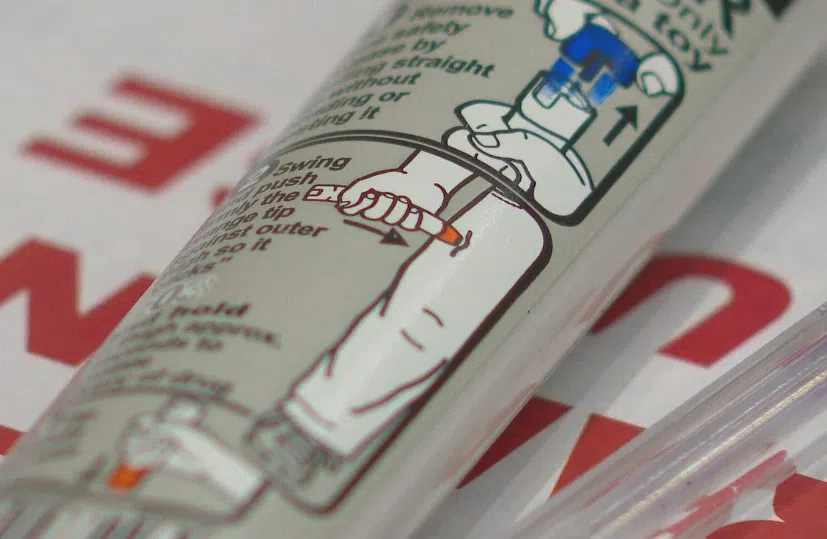A global team of research scientists led by India has won the Johns Hopkins Center for Digital Health and AI’s Health Information Technology in Action award for their work describing the effectiveness of a gamified virtual reality mobile app used by students to reduce the risk of infectious diseases.
A team of researchers and scientists led by inventor and deep-tech serial entrepreneur Bhargav Sri Prakash of FriendsLearn, along with Rema Padman of Heinz College, Carnegie Mellon University, and Rahul Ladhania of the University of Michigan School of Public Health, won the Health Information Technology in Action Award at the 14th Health IT and Analytics Conference for their peer-reviewed conference paper titled “Effect of AI Enabled, School Based, Mobile Health Gameplay on Infectious Disease Knowledge,” the press release said.
The team’s work with ‘digital vaccines’ shows that the incidence of a wide range of diseases can be reduced. Mr Sri Prakash said: “Our breakthrough with digital vaccines opens up new opportunities to demonstrate the power of artificial intelligence in preventing diseases safely, effectively, ethically and responsibly for future generations around the world. This continues to motivate our team of deep-tech engineers and scientists.”
He explained, “In collaboration with Usha Sriram, an 11-week longitudinal study was conducted at the Voluntary Health Services Hospital, Chennai, at Panchayat Union Middle School (PUMS), a government school for underprivileged children in Sriperumbudur near Chennai. Nearly 250 children from classes 1 to 8 participated in the study.” The data showed that the app – fooya! – had managed to impact the children’s health learning.
“Improving health literacy in children and adults is a public health challenge worldwide. Addressing this critical need through game-based digital therapeutic approaches requires large-scale, real-world experiments to provide compelling evidence of benefit,” said Prof. Padman. “This has motivated us to conduct several randomized field trials in the US, India, Botswana and other countries. The significant and promising results continue to inspire us to continue research, development and deployment efforts for the benefit of society.”
Dr. Ladhania added, “Based on the best available knowledge, this is the first study to conduct a multi-month randomized trial to measure the effect of an AI-powered mobile health game on students’ knowledge in a low- and middle-income school setting. Our results demonstrated that a mobile game that embeds implicit learning into the game mechanism can positively impact children’s health learning outcomes and provided strong evidence for early student training.”





